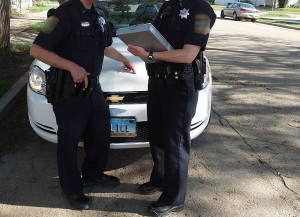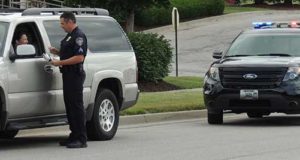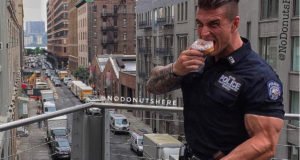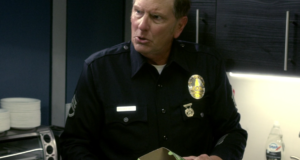Traditionally the police response to 9-1-1 calls has been to send the closest available unit to handle whatever emergency has presented itself. But this is about to change with a pilot program being developed by the South Diego Police Department.
 Using a complex matrix program officers will be dispatched to calls based upon the race, sexual orientation, sex and marital status of the callers. Through the matrix dispatchers will be able to send officers of the same sex, race etc of the caller. This will mean that officers are more able to identify with the particular issues that face the caller, eliminating potential cases of racial misconduct or misunderstanding on the part of the officer.
Using a complex matrix program officers will be dispatched to calls based upon the race, sexual orientation, sex and marital status of the callers. Through the matrix dispatchers will be able to send officers of the same sex, race etc of the caller. This will mean that officers are more able to identify with the particular issues that face the caller, eliminating potential cases of racial misconduct or misunderstanding on the part of the officer.
According to Chief BT Kidd this is the first effort in the nation to try to work with a community using officers that actually represent the community. “For years police departments have been criticized for not having a proper reflection of the community in the ranks. By just dispatching officers who represent the community to each call we can eliminate that built in cultural and racial bias that can so negatively impact ongoing police/community relations.”
Asked if the current make up of the department would allow this Chief Kidd responded, “We have identified several areas in which we are under represented. In total terms we are most lacking in officers who can represent the upper income areas of the city such as El Hoya. We have no officers who come from a background that includes a gross family income of over one million dollars per year and we feel that demographic will be difficult to address.”
Many community advocates point with pride to Chief Kidd’s efforts to attempt to provide the highest level of police understanding to their community problems. Only Council Member Judith Wannamaker-Smythe of El Hoya voiced her concerns about officers not being able to understand the harsh conditions faced by members of the upper class communities. ‘I don’t know how a young officer with no experience in dealing with things like damage to a Masaratti, disputes with plastic surgeons or having your servants deported will be able to serve my community. This must be addressed.”
The pilot program is set to begin in January, pending funding.
 Call the Cops The 27th Most Trusted Site in Public Safety
Call the Cops The 27th Most Trusted Site in Public Safety





